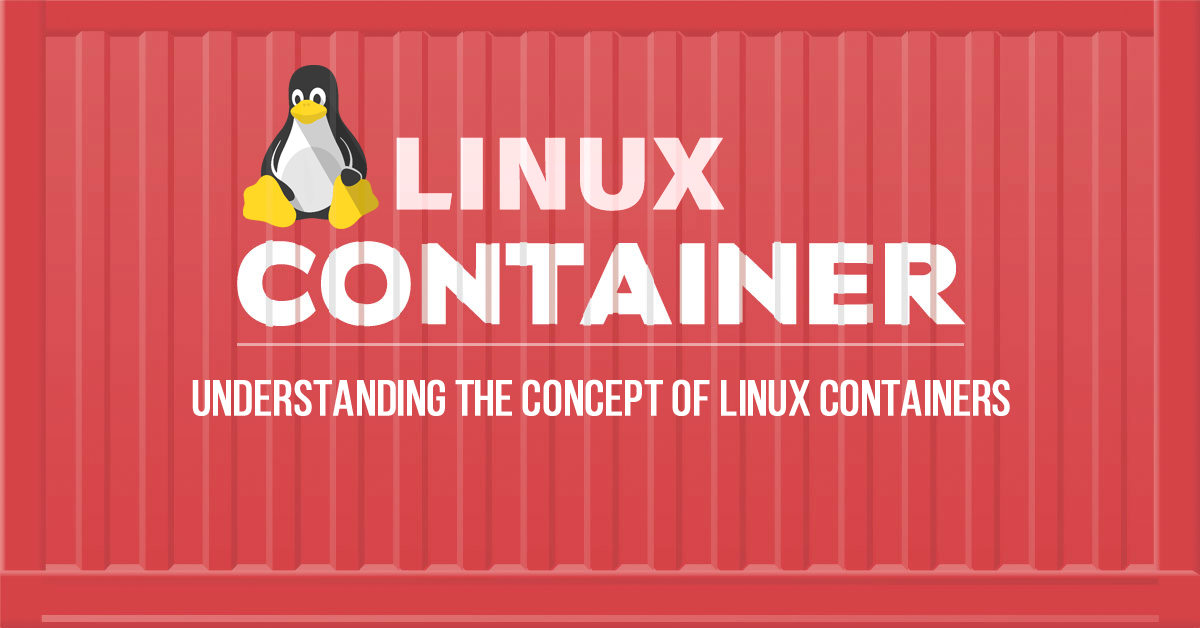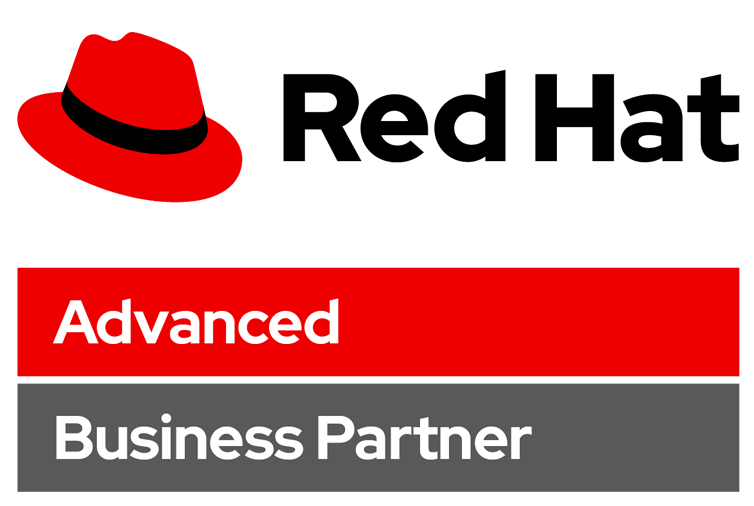Understanding the Concept of Linux Containers
What is Linux Containers?
Linux Containers are a virtualization method that requires a control host with a single Linux Kernel to run multiple isolated linux systems on the Operating System level.
 A dictionary definition of container is ‘an object for holding and transporting something’. Similarly, Linux containers (mostly abbreviated as LXC in technical language) help in providing virtualisation to the Linux operating system.
A dictionary definition of container is ‘an object for holding and transporting something’. Similarly, Linux containers (mostly abbreviated as LXC in technical language) help in providing virtualisation to the Linux operating system.
Let’s make this easier to comprehend. Suppose that your enterprise requires to move your code from one environment to another, or that you want to keep your machines and servers tidy and clean. Whether these systems are for development or production purposes, or if you want to try out some different application or development stack on your regular machine without contaminating it, the solution is containers. Linux containers empower enterprises and companies in wrapping and isolating their products with all the necessary files used for running them. This makes it super easy to move containerised code between different environments and, at the same time, retain their full functionality. Technically, containers are created for the services that your server will provide, and the underlying hardware resources or kernel will be shared by all the containers.
Linux Containers and Virtual machines
Usually, Linux containers are mistaken for virtual machines or VMs. A virtual machine is just an emulation of a real computer that acts and responds like a real machine. The main difference between a container and a VM is that containers share the host machine’s kernel all the other containers deployed on it, while VMs have many operating systems run on one machine with the help of a hypervisor. This feature of containers makes them light in weight compared to VMs and also helps in effective memory management.
Containers have a number of benefits, some of which have been enumerated below:
1. Usually, containers require memory in megabytes, whereas a virtual machine can occupy several gigabytes. So, a single server can host a far greater number of containers, compared to how many VMs it can host.
2. Since containers are lightweight, the boot up time taken is also low. Further, they can be shut instantly. In comparison, virtual machines take a much longer time In booting up and shutting down.
3. Containers also provide modularity in development. Instead of running an entire application in a single container, it can be split into modules and run on different containers — for example, the front-end, the database,etc. This not only increases the performance of an application but also makes maintenance of the code easier. Because of this, Linux containers are gaining significant ground in today’s world, and a number of corporations are making use of containerisation technology in their software development and testing cycle. This infrastructure is also developing very fast in cloud technology and cloud based services.
Advantages and Disadvantages of using Containers
Advantages
● Running different servers on one machine minimises the hardware resources used and the power consumption.
● Less time required for development, deployment and testing of services which gives more time to market the product.
● Gives great opportunities for DevOps and Ci/CD.
● Space used by container based virtualisation is much less than that occupied by virtual machines.
● Starting containers requires only few seconds, this comes in handy in Data Centres where they can be used in case of higher loads.
Disadvantages
● Security is a main hindrance in implementing and using container technology.
● Containers deployed in isolated locations need an efficient networking to connect.
● Containerisation will lead to fewer opportunities for OS installation as compared to virtual machines.
The LXC – Linux Container’s Future
Many organizations are moving towards Linux containers and moving away from virtual machines due to their lower cost and greater flexibility. Tech giants Google and Microsoft have already started using container technology to provide support for their products. The Host cluster is an upcoming trend in the IT world, though in the initial stages, it would become more robust and stable in the coming years. Host cluster technology uses different containers to be run on different hosts to avoid single points of failure. There are various open source projects on these like Apache Mesos, Kubernetes, Docker Swarm etc
Containers are also being used in cloud computing for cloud based services as the container based infrastructure is fast evolving cloud technology because it is light in weight and high in performance. It is very possible that Linux containers will completely replace virtual machines soon.








